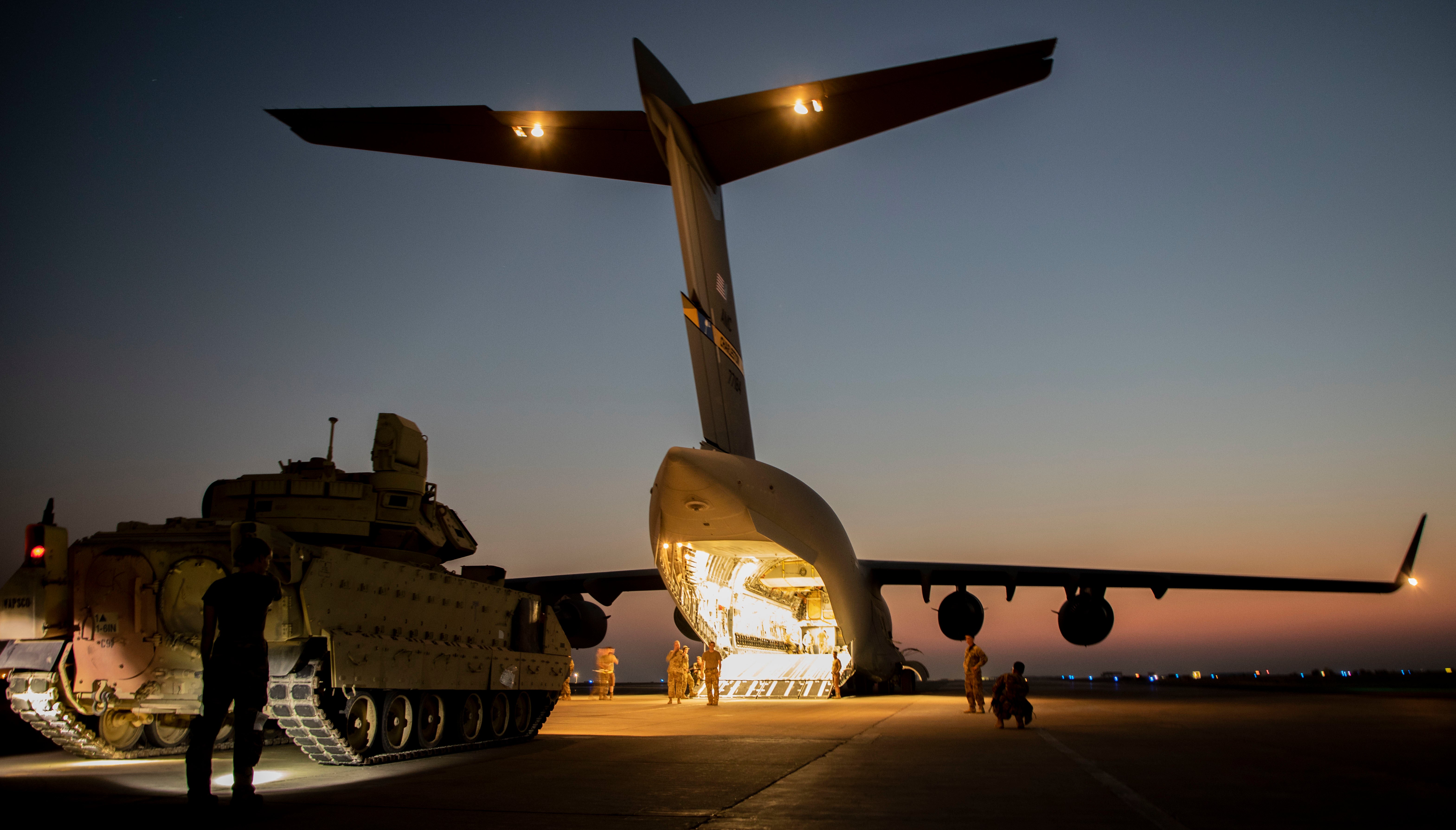Fragile Readiness Presents Challenges for Army
Fragile Readiness Presents Challenges for Army

While the Army has proven its readiness in the face of global and domestic challenges, the simple truth is the Army “cannot meet all requirements expected of us today,” Army Vice Chief of Staff Gen. Joseph Martin told Congress.
Testifying June 9 before the House Armed Service Committee’s readiness subcommittee alongside his counterparts from the other services, Martin said a bigger and better funded Army is needed to ensure a busy force with a “fragile” state of readiness.
The next war, if there is one, will be an all-domain fight requiring the Army to work with the other services.
Troop strength is a potential problem, Martin said. “We are unable to meet the global requirements asked of us,” he said, warning additional reductions “will further reduce our ability to provide the combat power requested of us and would place excessive hardship on our soldiers and families.”
“The challenges of the past year highlight the importance of having a ready Army,” Martin said. “Our soldiers answered the nation's call by distributing vaccines and medical supplies to combat COVID-19. [They] also supported local authorities during the civil unrest, responded to natural disasters and helped secure our southwest border.”
U.S. military advantages are eroding as potential adversaries “are achieving significant, material military advancements,” Martin said. “Technological progress is shifting the ground beneath our feet.”
“The world is changing, and the Army must change with it to meet future challenges. The Army is undergoing the most significant transformation in the past 40 years,” he said, calling it “the bedrock of future readiness.”

